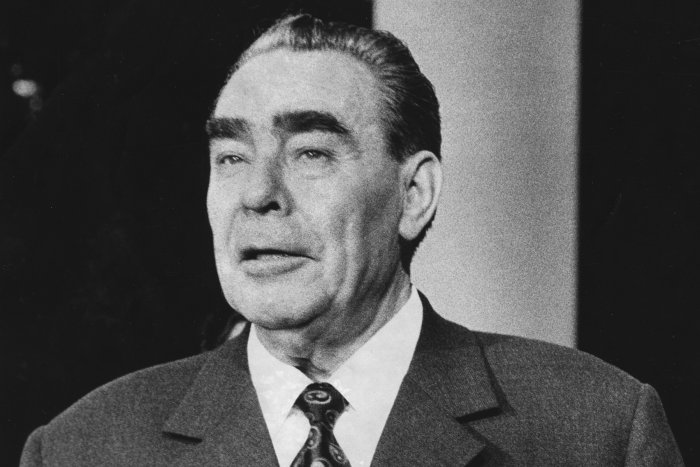On This Day, Oct. 19: Cornwallis surrenders at Yorktown, ending Revolutionary War
Oct. 19 (UPI) — On this date in history:
In 1781, Britain’s Lord Charles Cornwallis surrendered with more than 7,000 troops to Gen. George Washington at Yorktown, Va., effectively ending the American War of Independence and guaranteeing the colonialists freedom from the crown.
In 1789, John Jay, one of the founding fathers and president of the Continental Congress, was sworn in as first chief justice of the Supreme Court of the United States.
In 1812, Napoleon’s beaten French army began its long, disastrous retreat from Moscow.
In 1964, under the leadership of new Communist Party Chief Leonid Brezhnev, the Kremlin moved toward patching up its grievances with Red China.

File Photo by Frank Cancellare/UPI
In 1973, the Israeli military was pitched in a two-front battle against Arab forces, in the south against Egypt, and in the north against the armies of Syria, Iraq and Jordan. Subsequently, Saudi Arabia threatened a total cutoff of oil shipments to the United States unless they halted all military aid to Israel. This standoff would lead to the 1973 oil crisis.
In 1982, carmaker John DeLorean was arrested in Los Angeles and charged in a $24 million cocaine scheme aimed at salvaging his bankrupt sports car company. He was tried and acquitted.

File Photo by Phil McCarten/UPI
In 1987, U.S. Navy ships bombarded an Iranian oil platform in retaliation for a missile attack on a U.S.-flagged ship and Iran threatened a “crushing response,” warning the United States “has got itself into a full-fledged war.”
In 1994, a terrorist bombing killed more than 20 people on a bus in Tel Aviv, Israel.
In 2003, Pope John Paul II beatified Mother Teresa before hundreds of thousands of pilgrims packed into St. Peter’s Square in Vatican City. This was the last formal step before her sainthood in 2015.
In 2009, the U.S. government announced it would no longer prosecute people who use or sell marijuana for medicinal purposes if they are complying with state laws.
In 2013, a violin played by the musical conductor of the Titanic as the ship sank after hitting an iceberg in the North Atlantic in 1912 sold for more than $1.7 million at an auction in London.
In 2024, the Rock & Roll Hall of Fame inducted Cher, Mary J. Blige, Ozzy Osbourne, the Dave Matthews Band, Foreigner, Peter Frampton, Kool & the Gang and A Tribe Called Quest.

File Photo by Rocco Spaziani/UPI


